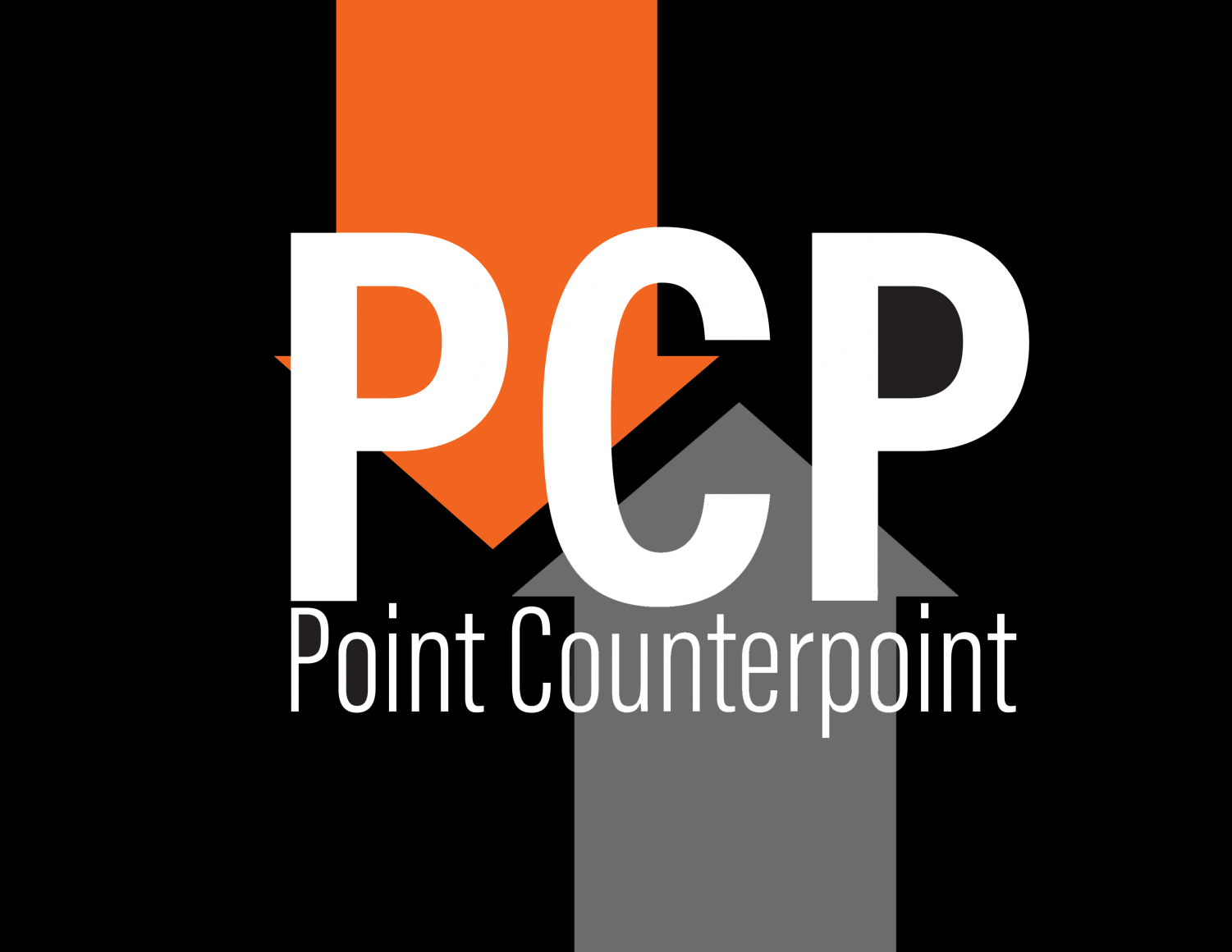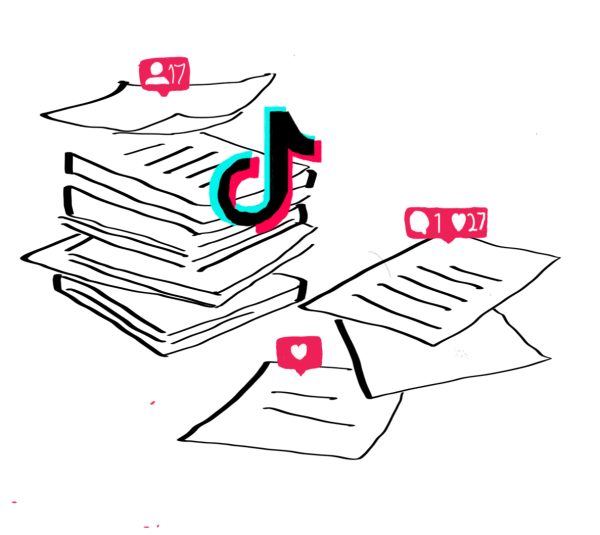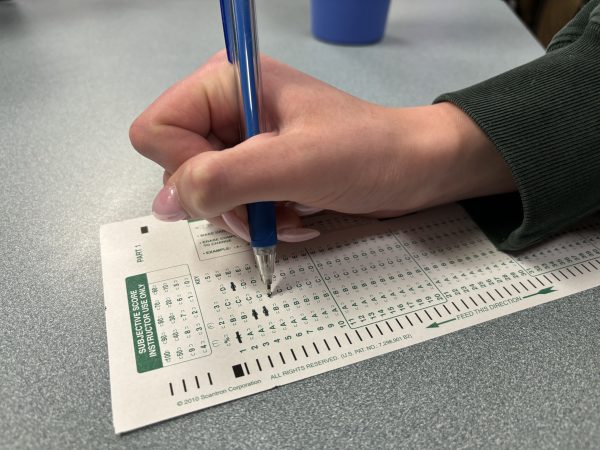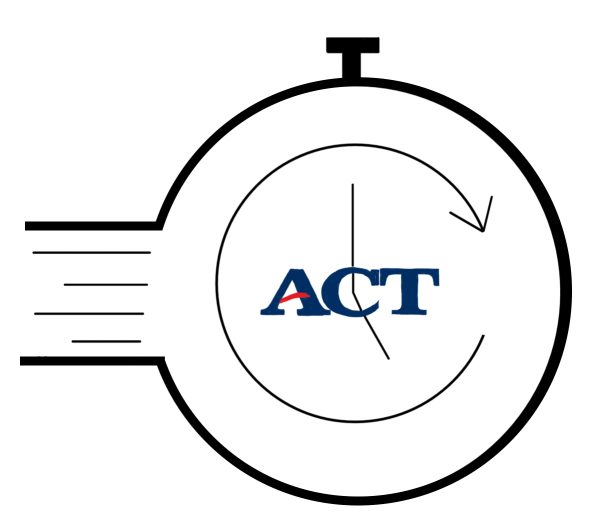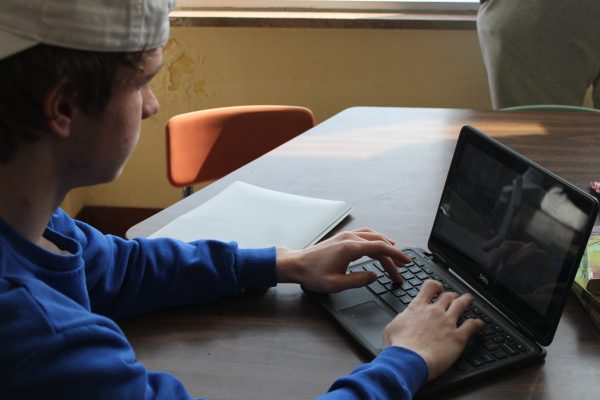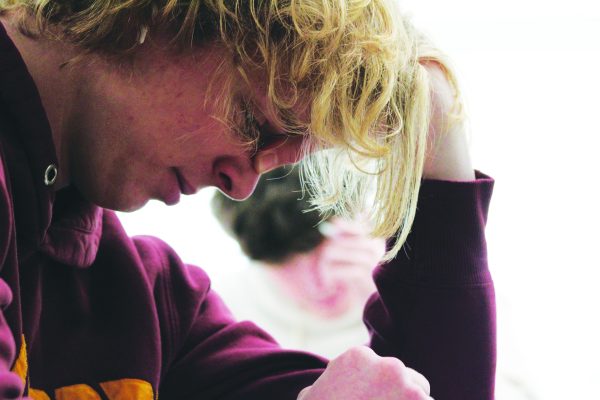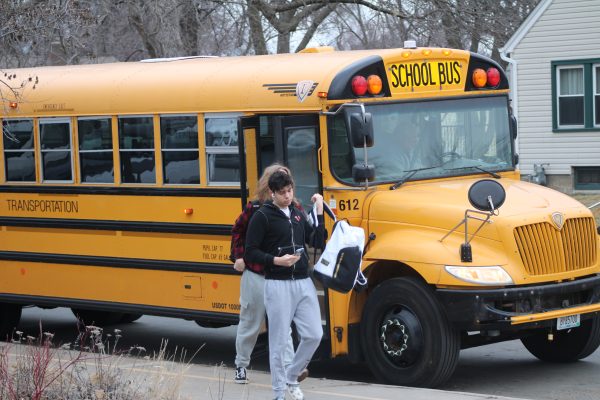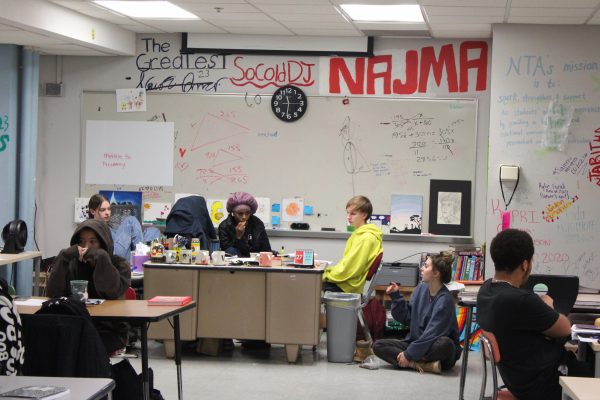Censorship wrongfully holds back higher level education
Disclaimers restrain intellecutal growth, discussion
October 11, 2016
Trigger warnings are becoming an issue in today’s culture and the University of Chicago makes their opinion of them clear with their ban on campus.
In theory trigger warnings, a preemptive measure to warn of graphic or lewd material, seem reasonable. However, recently they became a blanket term used to describe topics someone might find offensive, causing over-censorship.
The University of Chicago banned trigger warnings by sending a letter to incoming freshman stating, “Our commitment to academic freedom means that we do not support so-called trigger warnings, we do not cancel invited speakers because their topics might prove controversial, and we do not condone the creation of ‘safe spaces’ where individuals can retreat from ideas and perspectives at odds with their own.”
Some might see their statement as abrasive, but the University is making student’s education a priority overprotecting others who are in the adult world from potentionally explicit discussions.
Students should not be able to dictate how someone’s words or art are presented. Some people do suffer from psychological disorders such as post-traumatic stress disorder but the majority of the poulation does not.
Students should be self-aware enough to make decisions on what they can be exposed to.
Those who believe they need protection from certain content areas should look for context clues like lecture titles, synapses of movies and syllabuses.
School is a place to learn and grow both intellectually and emotionally. Part of growing up is learning how to discuss problems and find solutions for them. More schools must ban unecessary trigger warnings within their curriculums as University of Chicago has done.



